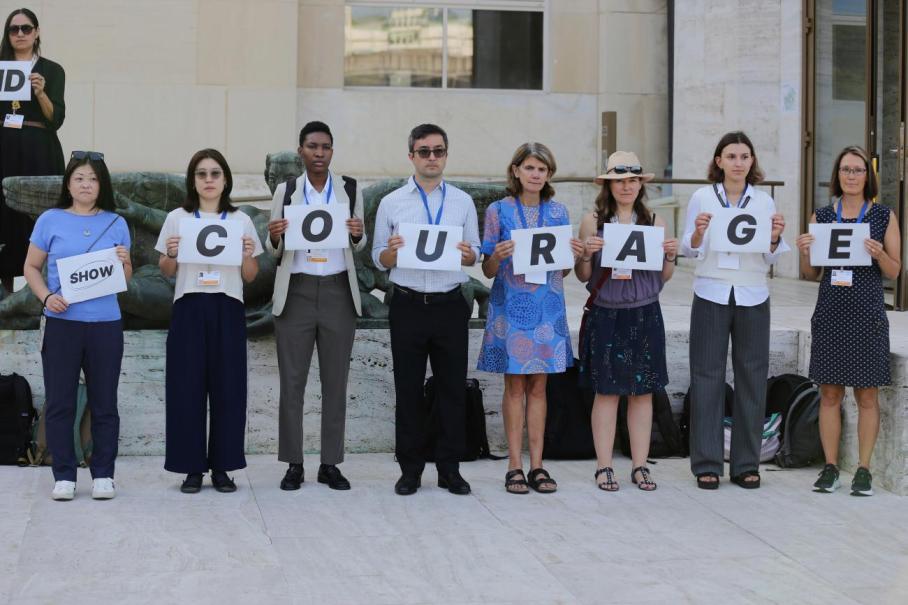Ten days of intense negotiations were not enough to reconcile the two sides. The 185 countries gathered in Geneva gave up on the morning of Friday, 14 August. They were unable to agree on a text to tackle the scourge of plastic pollution.
« We will not have a treaty on plastic pollution here in Geneva, » said the Norwegian representative at dawn on Friday during the plenary session, acknowledging the reality. Despite ten days of negotiations, consensus was not reached.
Two positions, no consensus
In Switzerland, two camps faced off.
The « ambitious » group included the European Union countries, Canada, Australia, and numerous countries from Latin America, Africa, and island states. For them, it was necessary to reduce global plastic production, which affects human health, animal life, and food systems.
On the other side were states that are mainly producers of oil and hydrocarbons, the basic ingredients of plastic.
A new text, presented in the middle of the night from Thursday to Friday, still needed adjustments on over a hundred points. Time and political will ran out for the delegation leaders in an informal session.
A new negotiation session?
The future is uncertain. Uganda has requested a new round of negotiations. European Commissioner for the Environment Jessika Roswall said that Geneva had provided “a good foundation” for resuming talks.
The chair of the negotiations, Ecuadorian diplomat Luis Vayas Valdivieso, is expected to hold a brief press conference according to the UN. Valdivieso also presided over the last summit on plastic pollution in Busan, South Korea, in 2024. Those negotiations also ended in failure, and discussions were postponed.
His management of the talks was anonymously criticized throughout the negotiations.
75% of plastic becomes waste
According to UNCTAD, the United Nations Conference on Trade and Development, 75% of all plastics produced “have become waste”, mostly ending up in the world’s oceans and poisoning ecosystems.
In 2023, global plastic production reached 436 million tons, according to the Global Trade Update report. Its commercial value exceeded $1.1 trillion, representing 5% of total world merchandise trade. Plastic is not only everywhere but also an extremely lucrative industry.



